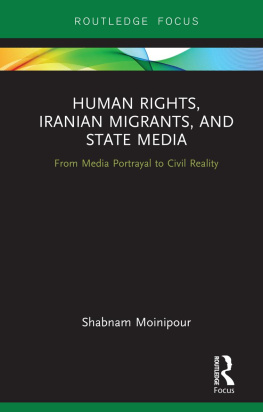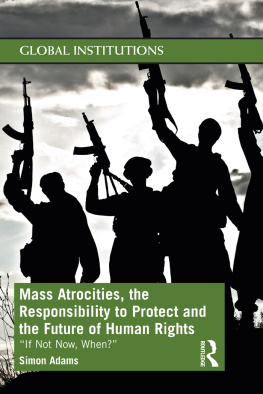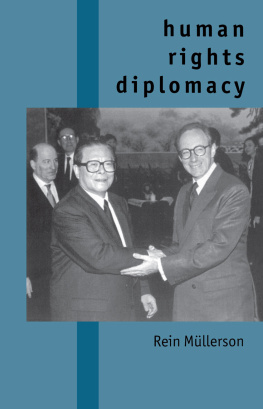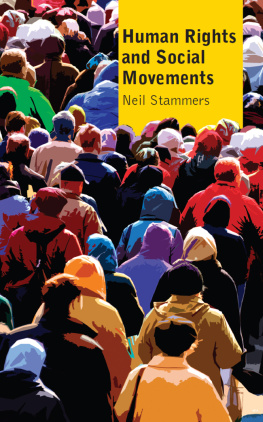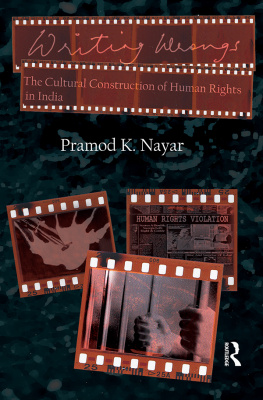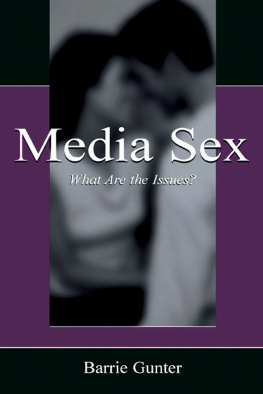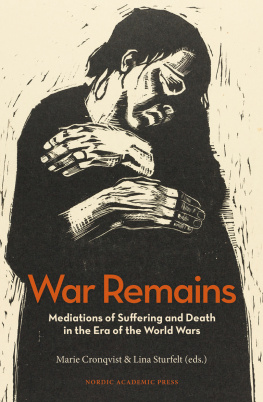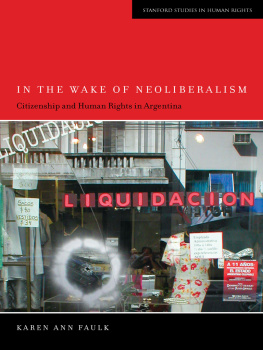Media, mobilization, and human rights: mediating suffering
EDITED BY TRISTAN ANNE BORER
Zed Books
LONDON | NEW YORK
Media, mobilization, and human rights: mediating suffering was first published in 2012 by Zed Books Ltd, 7 Cynthia Street, London N1 9JF, UK and Room 400, 175 Fifth Avenue, New York, NY 10010, USA
This ebook edition was first published in 2012.
www.zedbooks.co.uk
Editorial copyright Tristan Anne Borer 2012
Copyright in this collection Zed Books 2012
The right of Tristan Anne Borer to be identified as the editor of this work has been asserted by her in accordance with the Copyright, Designs and Patents Act, 1988
Set in OurType Arnhem and Monotype Futura by Ewan Smith, London
Index:
Cover design: www.rawshock.co.uk
Cover photo Corbis |
All rights reserved. No part of this publication may be reproduced, stored in a retrieval system or transmitted in any form or by any means, electronic, mechanical, photocopying or otherwise, without the prior permission of Zed Books Ltd.
A catalogue record for this book is available from the British Library Library of Congress Cataloging in Publication Data available
ISBN 978 1 78032 070 0
For John, for his unwavering support
Contents
Acknowledgments
In 2005, Nicholas Kristof published an op-ed about American apathy toward ongoing human rights violations in Darfur, Sudan. Trying to shock his readers into caring, he published pictures of dead and mutilated bodies. On a whim, I cut that op-ed out of the New York Times and brought it to class to discuss with my students. I did not know at the time that the ensuing, rather heated, conversation would light the first spark of an idea that would eventually become this edited book on human rights and the media. In the years since, I have had countless stimulating conversations with hundreds of students in my human rights courses at Connecticut College about a myriad of issues surrounding this topic. First and foremost, therefore, I wish to thank my students. Their intellectual engagement with the issues in this book has continually pushed me to hone and refine my ideas. Being their teacher has made me a better scholar.
As my interest in this topic grew, I issued a call for papers for a panel on human rights and the media for the 2010 annual International Studies Association (ISA) conference. The response was overwhelming, and I ended up organizing two linked panels. Some of the chapters in this book began as papers given at those panels; others were commissioned specifically for this book. I am profoundly grateful to the panelists and to the contributors to this book, all of whom responded promptly and graciously to my requests for revision after revision. I appreciate their willingness to be open to my many comments and suggestions. I hope I have done their work justice. On a more personal level, it has been deeply rewarding to come to know such a distinguished group of scholars, all of whom I respect immensely.
It was at that ISA conference where I met Ken Barlow, the editor with whom I have been lucky enough to work closely at Zed Books. Ken has been enormously helpful in shepherding this book from concept to final product. I am especially grateful for his respectful responses to my ideas and his willingness to negotiate on them. I also thank several anonymous reviewers, all of whom offered insightful and helpful comments; this is without question a better book because of them.
I thank the Dean of the Facultys office at Connecticut College for granting me a sabbatical leave in the fall of 2011, during which much of this book was written or edited. I also thank the office for additional financial support through the R. F. Johnson Faculty Development Fund.
For permission to reproduce images, I thank: Fantagraphics Books for permission to reproduce images from Joe Sacco, Safe Area: Gorade; First Second for permission to reproduce images from Jean-Philippe Stassen, Deogratias; and Random House for permission to reproduce images from Marjane Satrapi, Persepolis, Art Spiegelman, Maus, and Guy Delisle, Burma Chronicles.
This book would never have come to fruition without the assistance and support of my husband, Dr. John Nugent, copyeditor extraordinaire. John gave of his time generously, reading, commenting on, and copyediting each chapter in this book. More than that, however, has been his unflagging moral and emotional support to me and to our family in the past year and a half. I cannot thank him enough. Finally, none of this work would matter if it were not for my beautiful Skye Mourne. Having a small child tends to bring world events into sharp focus very quickly, and the question with which all of the authors in this book wrestle how to bring an awareness of, and an end to, the devastating human rights abuses suffered by so many around the world are all the more real because of her existence in it.
Introduction: willful ignorance news production, audience reception, and responses to suffering
TRISTAN ANNE BORER
An ample reservoir of stoicism is needed to get through the great newspaper of record each morning, given the likelihood of seeing photographs that could make you cry. (Susan Sontag, Regarding the Pain of Others)
Most media consumers eventually get to the point where they turn the page. (Susan Moeller, Compassion Fatigue)
Twenty years in Somalia
On 20 July 2011 the United Nations (UN) declared a famine in southern Somalia, which was experiencing the worst drought in more than half a century. It was the first time that the organization had invoked the word famine in relation to Somalia since 1992, when its use, and the death of an estimated 200,000 people, resulted in armed humanitarian intervention to deliver food aid. Today, that intervention is best known for the 1993 Battle of Mogadishu and in particular the Black Hawk Down incident that ended with the deaths of eighteen US Rangers and public outcry to end the intervention. Nineteen years later, famine again loomed large, causing massive displacement, starvation, and death. On the day of the declaration, Bloomberg news reported that almost 800,000 refugees had been forced to flee to neighboring countries (). Quite simply, the World Food Programme said, the crisis in the region ranks as the highest global humanitarian priority (ibid.).
Two days after the UN sounded the alarm, the Los Angeles Times published an op-ed by UN Secretary-General Ban Ki-moon, who pleaded ). One of the most shocking images in the mainstream media was a photograph run by the New York Times on its 2 August front cover, depicting a severely malnourished child, with the caption More than 500,000 Somali children are verging on starvation.
Celebrity activists soon entered the picture, often using social media to appeal for help. For example, several celebrities, including George Clooney, Bono, Clive Owen, Jessica Alba, Colin Farrell, and Ewan McGregor, joined the anti-poverty advocacy group ONE to launch a public service announcement (PSA) campaign to end the famine. In an online video entitled The F-Word: Famine is the real Obscenity, the celebrities urged viewers to sign a petition, among other things (). On 15 August, Stephen Colbert, during an interview with US ambassador to the UN Susan Rice on his show


